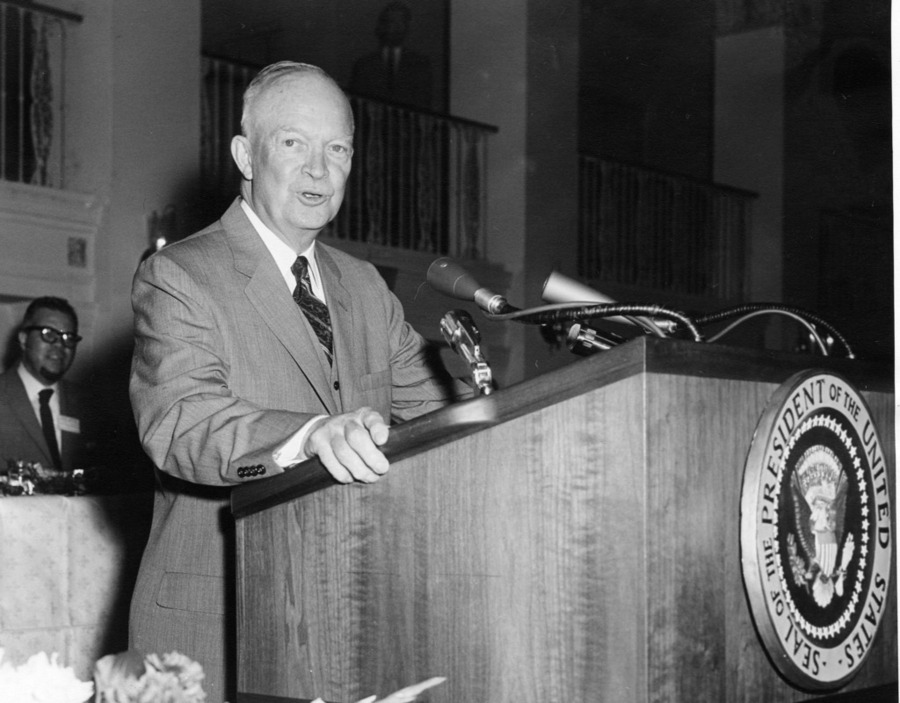Bits and Bytes -- Military Focus
Three items of particular interest to our cyber warfare aficionados in today's Bits and Bytes (plus one lagniappe on the Internet of Things):
Developments in Iranian Cyber Warfare 2013-14. From the Institute for National Security Studies in Israel: "Over the course of 2013, Iran became one of the most active players in the international cyber arena.
Published by The Lawfare Institute
in Cooperation With

Three items of particular interest to our cyber warfare aficionados in today's Bits and Bytes (plus one lagniappe on the Internet of Things):
Developments in Iranian Cyber Warfare 2013-14. From the Institute for National Security Studies in Israel: "Over the course of 2013, Iran became one of the most active players in the international cyber arena. Iran’s progress can be attributed to a combination of two elements: a certain easing of the restraints on offensive activity in cyberspace by Iranian decision makers, and a qualitative leap by the Iranian cyber warfare system. The rapid development of Iran’s cyber warfare capability means that Israel and other Western countries must work decisively and systematically to maintain qualitative and operational superiority in cyberspace. The importance of cyberspace for Israel’s security concept and the urgency of creating a “digital Iron Dome” were well expressed by IDF Chief of Staff Lt. Gen. Benny Gantz: “Israel must be on a superpower level in cyberspace…we must not wait with this.”
Army War College Cyberspace Selected Bibliography. "This selected bibliography contains resources discussing cyber acts of war, the battlespace of the fifth domain, governance jurisdiction, policy, security strategy, and finally, the technology that is currently being employed. With certain exceptions, the materials in this bibliography are dated from 2010 to the present."
The Joint Force Commander's Guide to Cyberspace Operations. "Commanders must grasp the role of cyberspace in national security, but that is a challenge without a ready way to visualize it. There is hope insofar as we can use extant ideas and language to conceptualize and teach cyberspace operations. That transition is only possible by first developing an underpinning theory and “narrative,” with the theory expressing the omnipresence of cyberspace and its interface with the government and civilian sectors. Additionally it must span the range from national security policy to minute technical details while inculcating the tensions caused by its own relentless evolution. The second necessity is overcoming rivalries and committing sufficient resources to continuously man, equip, and train the cyberspace force and integrate it with the other domains."
As Objects Go Online: The Promise (and Pitfalls) of the Internet of Things. [NB: Free registration required]. "Since 1969, when the first bit of data was transmitted over what would come to be known as the Internet, that global network has evolved from linking mainframe computers to connecting personal computers and now mobile devices. By 2010, the number of computers on the Internet had surpassed the number of people on earth.
Yet that impressive growth is about to be overshadowed as the things around us start going online as well, part of what is called “the Internet of Things.” Thanks to advances in circuits and software, it is now possible to make a Web server that fits on (or in) a fingertip for $1. When embedded in everyday objects, these small computers can send and receive information via the Internet so that a coffeemaker can turn on when a person gets out of bed and turn off when a cup is loaded into a dishwasher, a stoplight can communicate with roads to route cars around traffic, a building can operate more efficiently by knowing where people are and what they’re doing, and even the health of the whole planet can be monitored in real time by aggregating the data from all such devices."
Paul Rosenzweig is the founder of Red Branch Consulting PLLC, a homeland security consulting company and a Senior Advisor to The Chertoff Group. Mr. Rosenzweig formerly served as Deputy Assistant Secretary for Policy in the Department of Homeland Security. He is a Professorial Lecturer in Law at George Washington University, a Senior Fellow in the Tech, Law & Security program at American University, and a Board Member of the Journal of National Security Law and Policy.





